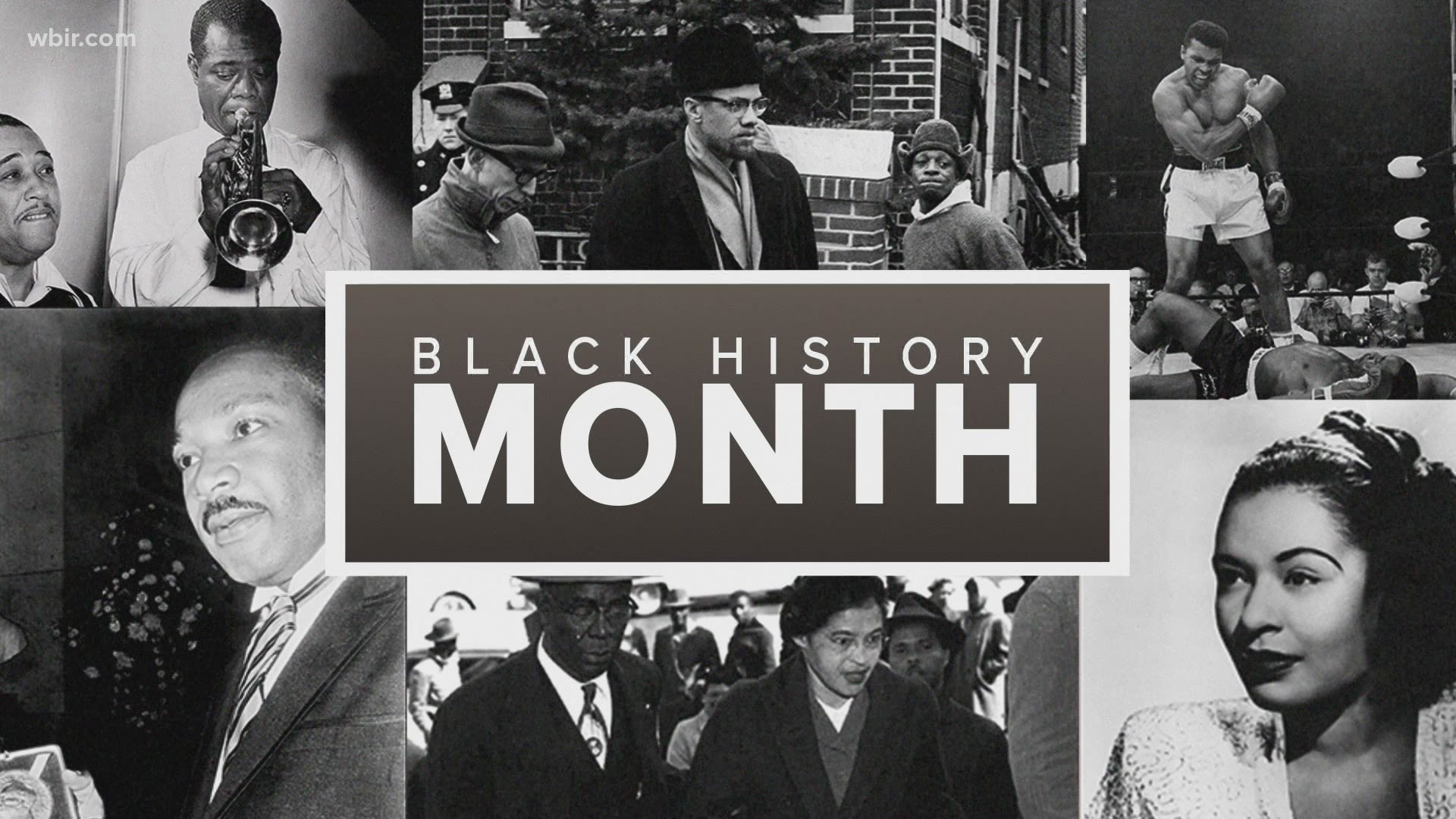The origins of Black History Month are rooted in Illinois. In 1915, Carter G. Woodson, a prominent African American writer and historian known as the ‘Father of Black History’ who had earned his bachelor’s and master’s degree at the University of Chicago, traveled back to Chicago from his home in Washington, D.C. to take part in a national celebration of the 50th anniversary of emancipation. Taking part in the festivities inspired Woodson to do more in the spirit of celebrating Black history and heritage. Before he left Chicago, he helped found the Association for the Study of Negro Life and History (ASNLH). In February 1926, Woodson sent out a press release announcing the first Negro History Week. He chose February because the month contained the birthdays of both Abraham Lincoln and Frederick Douglass.
In 1976, on the 50th anniversary of the first Negro History Week, President Gerald Ford issued the first presidential proclamation honoring Black History Month. President Ford stated the celebration enabled people to “seize the opportunity to honor the too-often neglected accomplishments of Black Americans in every area of endeavor throughout our history.” Every U.S. president since has continued to recognize Black History Month. Illinois native Ronald Reagan’s first Black History Month proclamation stated that “understanding the history of Black Americans is a key to understanding the strength of our nation.”
Here in Illinois, we are proud to celebrate the legacy of the first black person elected to the Illinois House of Representatives, John W. E. Thomas (1847-1899). Born into slavery in Alabama, he became a school teacher in the south before moving to Chicago with his wife and daughter in 1869, where he became a prominent community leader. In Chicago, he opened a grocery store, started a school for black residents, and became very involved in Olivet Baptist Church. He was admitted to the bar in 1880 and practiced law while also investing in real estate.
A Republican, Thomas was elected to the Illinois General Assembly in 1876, serving a total of six years between 1877-1886. In 1885, Representative Thomas introduced legislation which became Illinois’ first law preventing discrimination in public accommodations, nearly 80 years before the federal Civil Rights Act of 1964 followed suit nationwide.
Illinois House Republicans are proud of our connection with John W.E. Thomas as a trailblazer for black Illinoisans in the fields of education, business, and public service as we celebrate his life and legacy every year during Black History Month. We also recognize the many contributions of Adelbert H. Roberts, a Republican who was elected to the Illinois House of Representatives in 1918 and served as a member of our caucus until 1924, when he became the first black person to serve in the Illinois State Senate. Both men paved the way for future generations of black men and women who have served with distinction in the Illinois General Assembly.
